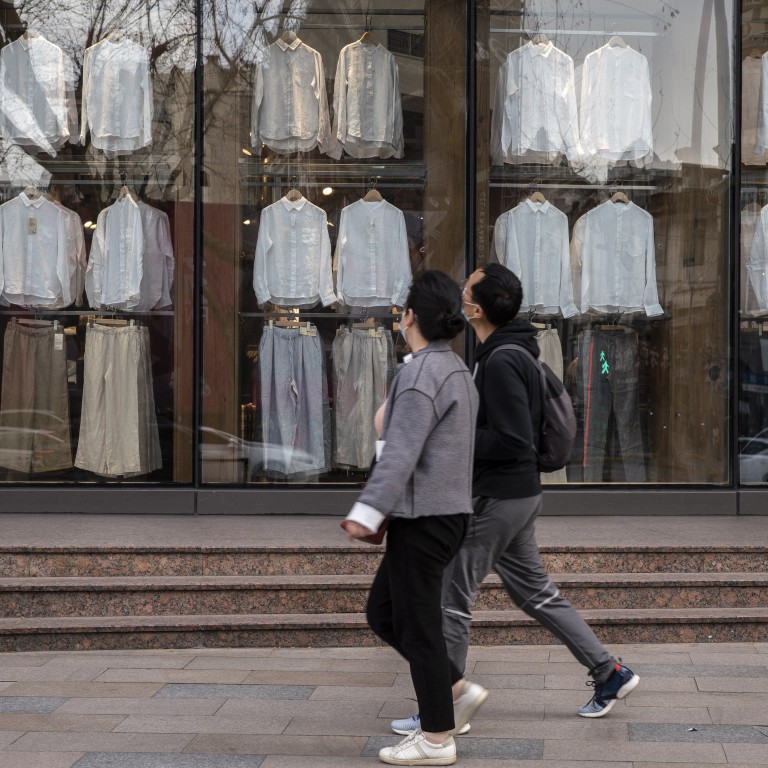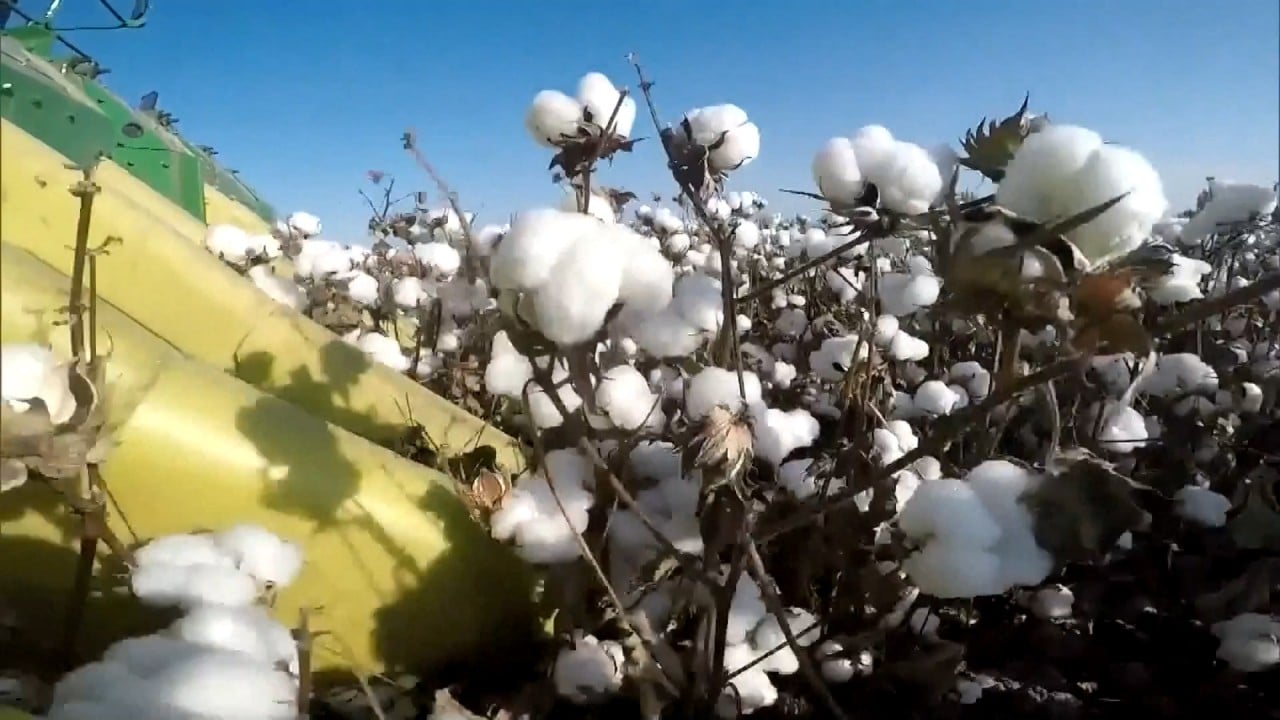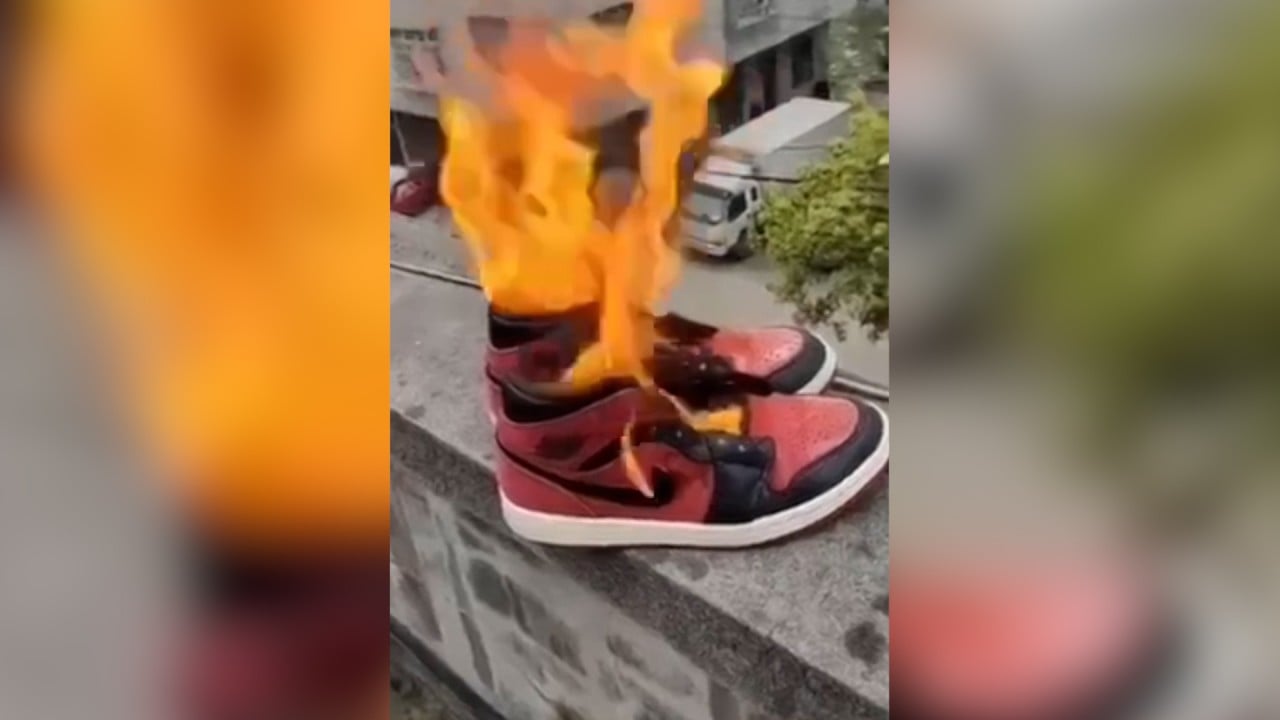
Xinjiang cotton dispute: the ‘era of bullying China’ is over, officials warn the West
- China has come a long way since the ‘century of humiliation’, says Xinjiang government as it asks firms such as H&M to ‘distinguish right from wrong’
- Cotton worker quoted in state media saying sanctions imposed by the West intended to ‘smash the rice bowls of Xinjiang cotton workers’
Xu Guixiang, a Xinjiang government spokesman, said at a press conference with the foreign ministry on Monday that multinational companies should understand that wielding the “big stick of sanctions” against Xinjiang would hurt the businesses themselves, and called on businesses not to “politicise economic behaviours”.
“China is no longer the China of 1840, and the era when Chinese people suffered from great power hegemony, and bullying will never return again,” he said, referring to the “century of humiliation” when China signed unequal treaties with Western powers. “We hope that businesses like H&M will be more clear-eyed and distinguish right from wrong.”
Last December, the US banned cotton and cotton products from the Xinjiang Production and Construction Corps, one of the region’s largest manufacturers, on concerns that it used forced Uygur labour.
Caught in the saga are multinational fashion companies – including H&M, Nike and Adidas – which released corporate statements last year stating they would not use cotton sourced from Xinjiang because of concerns about forced labour. The Communist Party’s Youth League first called attention to the statements on Wednesday, which sparked online calls for boycotts of the brands and major celebrities severed their ties with the companies.
Exclusive | Another thread in Xinjiang supply chain creates new snag
As the state-endorsed outcry about the Xinjiang cotton issue continued, H&M was removed from major Chinese e-commerce apps and some of its stores have been closed by mall operators in the country.
Xinjiang has long been a politically sensitive issue and foreign journalists and diplomats have not been able to freely visit the far-flung and heavily surveilled region. Washington has accused Beijing of carrying out “genocide and crimes against humanity” in Xinjiang, which China’s foreign ministry has argued are based on lies meant to smear China and undermine the security and stability of the region.
During the Xinjiang press conference held with the Chinese foreign ministry on Monday, representatives from the region were called on to “use truth to hit back against manufactured lies and unreasonable accusations from the West”, Chinese state broadcaster CCTV reported. Officials said Xinjiang did not used forced labour, and denied accusations from the West that Beijing was carrying out “genocide” in the region.
A Xinjiang cotton worker at the press conference was quoted in state media as saying that people in the West had not conducted on-the-ground inspections before imposing sanctions on Xinjiang, which was intended to “smash the rice bowls of Xinjiang cotton workers”.



